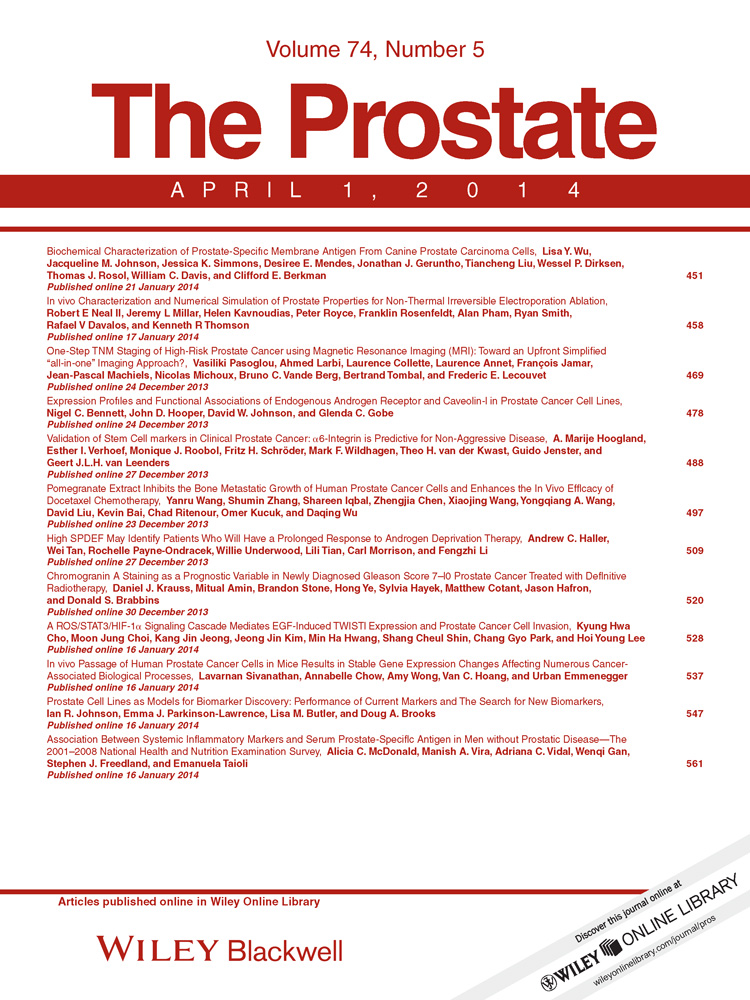In vivo passage of human prostate cancer cells in mice results in stable gene expression changes affecting numerous cancer-associated biological processes
Abstract
BACKGROUND
While therapeutic resistance is difficult to model in vitro in its entirety, in vivo passage and re-derivation of treatment resistant prostate cancer cell variants is a strategy to study therapeutic resistance more comprehensively. However, the process of in vivo passage itself may result in gene expression changes that could confound the analysis of such resistant cell variants compared to their parental cell lines.
METHODS
We compared the expression profiles of parental PC-3 human prostate cancer cells and PC-3 cells re-derived after in vivo passage in athymic nude mice. Whole transcriptome information was obtained using the SOLiD 4 system (Applied Biosystems). Differentially expressed genes were mapped to genes in the Database for Annotation, Visualization and Integrated Discovery for gene enrichment and functional annotation analysis. The expression of a panel of these genes was validated using quantitative RT-PCR.
RESULTS
Altogether, 21,032 distinct transcripts were found in PC-3 and/or NS1.1. Of these, 906 were differentially regulated (≥2-fold) in NS1.1 versus PC-3. 337 transcripts were upregulated, and 569 were downregulated, including genes previously associated with various aspects of prostate carcinogenesis such as TLR4 and IGFBP5, respectively. Gene ontology analysis of the differentially expressed transcripts revealed enrichment for biological processes such as cell adhesion, migration, and angiogenesis.
CONCLUSIONS
When using in vivo as opposed to in vitro derived prostate cancer cell variants for comparative genetic studies of complex traits such as therapeutic resistance, one may be better served to use similarly in vivo passaged control cell variants instead of parental cell lines. Prostate 74:537–546, 2014. © 2014 Wiley Periodicals, Inc.




